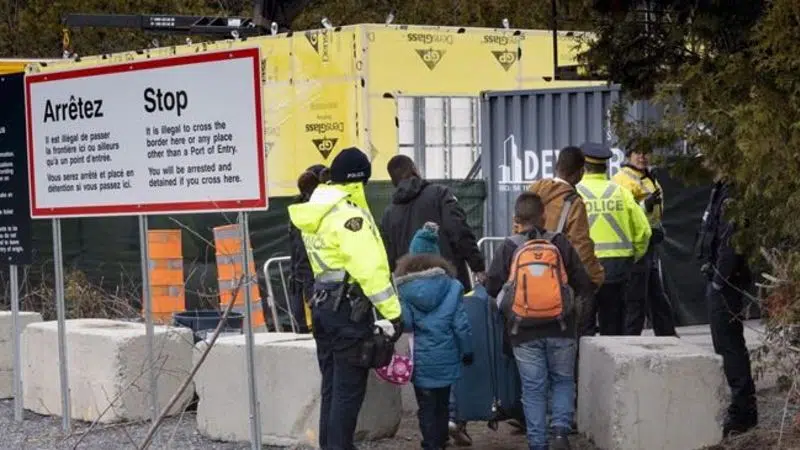
Amnesty International urges Liberals to suspend refugee agreement with U.S.
OTTAWA — Amnesty International is calling on the Canadian government to suspend the Safe Third Country Agreement with the United States in light of a controversial refugee policy implemented this week by the Trump administration.
The new U.S. policy, adopted earlier this week, says asylum-seekers who arrive in the U.S. at its southern border are barred from filing for refugee protection if they failed to file a protection claim in a transit country.
The move would disqualify thousands of migrants who have travelled through Central America and Mexico to get to the U.S.
The new U.S. policy no longer guarantees asylum-seekers the same legal rights as those offered in Canada and could see some migrants sent back to countries where they face risks of violence and persecution, Amnesty International says.

